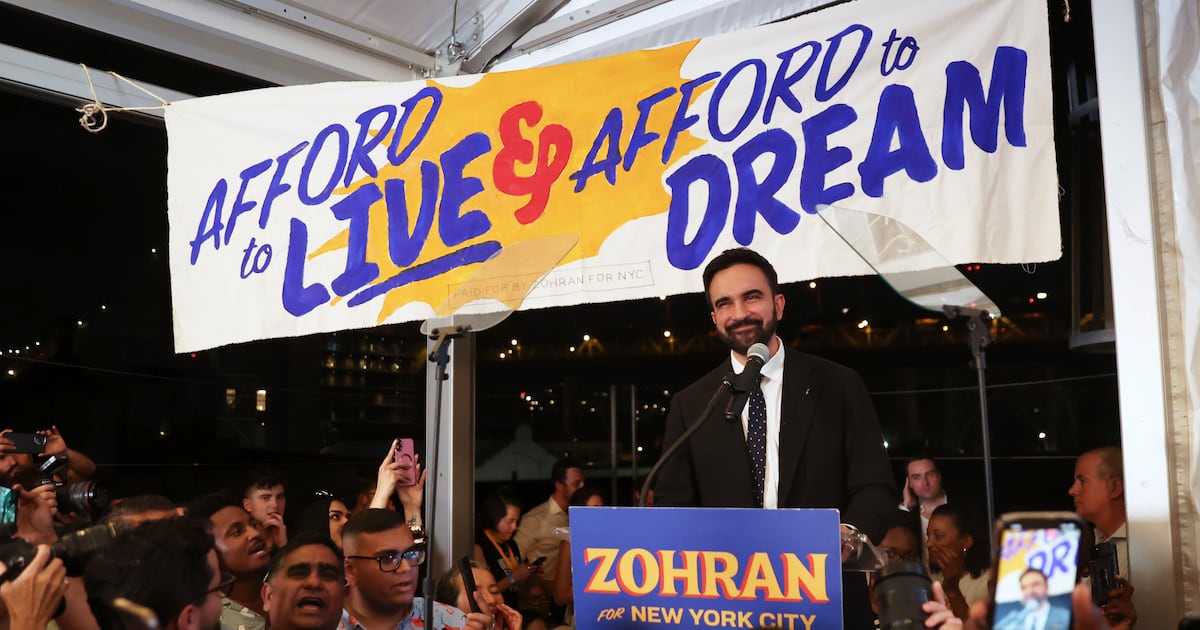Historic Primary Victory Could See New York's First Muslim Mayor, Testing City's Religious Diversity
Zohran Mamdani's groundbreaking primary win in NYC's mayoral race marks a potential watershed moment for religious diversity in American politics. His campaign has sparked both celebration and controversy, highlighting the complex dynamics of faith, identity, and leadership in America's most diverse city.

Zohran Mamdani celebrates his historic primary victory with supporters in New York City
Breaking New Ground in NYC Politics
In a historic turn of events, Zohran Mamdani's surprise victory in New York City's mayoral primary has opened the possibility of the city electing its first Muslim and South Asian mayor. The 33-year-old Democratic Socialist, born in Uganda and raised in Queens, represents a new generation of progressive leadership challenging traditional political boundaries.
Religious Identity and Political Leadership
Mamdani's candidacy emerges at a crucial moment in American political history, where only four members of Congress identify as Muslim, compared to 32 who are Jewish. His potential victory would represent a significant shift in religious representation at the highest levels of municipal governance.
Throughout his campaign, Mamdani has embraced his religious identity, regularly attending Friday prayers and incorporating Urdu in his campaign materials. He has also actively reached out to Jewish communities, demonstrating a commitment to interfaith dialogue.
Confronting Prejudice and Building Bridges
Despite his inclusive approach, Mamdani has faced significant challenges, including:
- Explicit threats requiring NYPD Hate Crimes Task Force intervention
- Islamophobic attacks and xenophobic rhetoric from opponents
- Targeted social media campaigns questioning his legitimacy
Coalition Building and Interfaith Solidarity
Amid the tensions, Mamdani's campaign has fostered meaningful interfaith connections. His alliance with Jewish City Comptroller Brad Lander demonstrates the potential for cross-cultural cooperation in addressing shared urban challenges.
"We are not going to let anyone divide Muslim New Yorkers and Jewish New Yorkers," stated Lander on primary night, emphasizing their shared commitment to unity.
The Path Forward
Religious liberty expert Asma Uddin characterizes Mamdani's victory as both a sign of progress and a reminder of persistent tensions in American society. His candidacy represents an opportunity to move beyond post-9/11 prejudices while highlighting ongoing challenges in religious acceptance in public life.
Should Mamdani succeed in November's election, he will face the complex task of bridging divides between New York's nearly 800,000 Muslims and 1.2 million Jews, particularly at a time when interfaith understanding is critically needed.
